Participation Report of 2021 Cajal Course
JNS-FENS Exchange Support Programme for CAJAL 2021
CAJAL Course on Optogenetics, Chemogenetics, and Biosensors for Cellular and Circuit Neuroscience (22 November – 10 December 2021)
CAJAL Post-course Review
By Joshua Philippe Olorocisimo
Truly understanding the brain remains to be one of the biggest problems in modern science. It is so interesting because solving this is not only technically challenging, but also deeply personal. We humans are innately curious as to how things work and continuously learn and update our models about the world, yet the organ that gives us these amazing abilities is itself poorly understood. This is what pulled me to study the brain and behavior and to become an aspiring neuroscientist and neuroengineer.
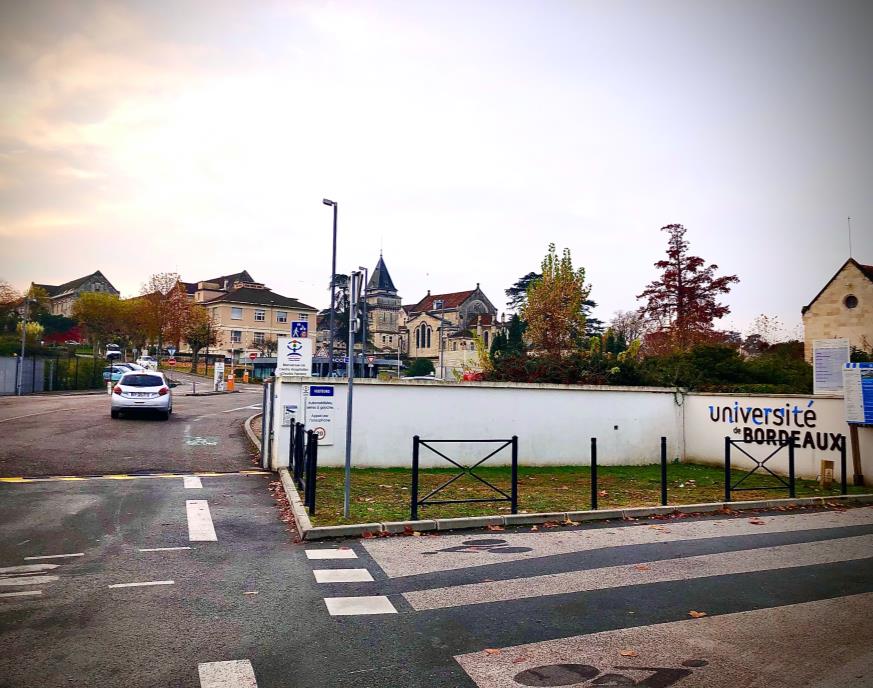
Thus, amidst the global pandemic, I was determined to learn more about neuroscience. I searched online for hands-on neuroscience training courses, and found that the CAJAL Advanced Neuroscience Training Programme was an excellent opportunity. A year before the course started, I applied to the program, but I still had to find additional funding to support my travel. Fortuitously, I received an email from the Japan Neuroscience Society (JNS) in partnership with the Federation of European Neuroscience Societies (FENS) about a travel grant which I immediately applied to. Thankfully I was accepted to both the CAJAL course and the JNS-FENS grant, but the coronavirus would end up delaying the course. Despite this, I was glad that the training would still be pushing through live, because I knew the learning experience would be much better.
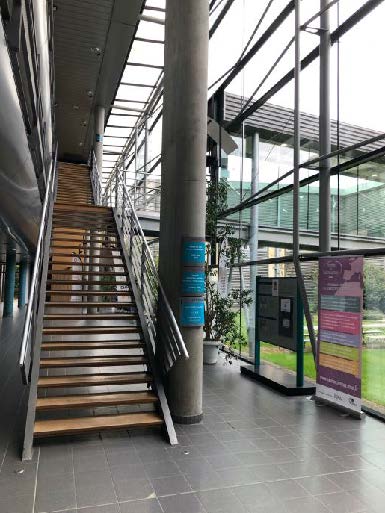
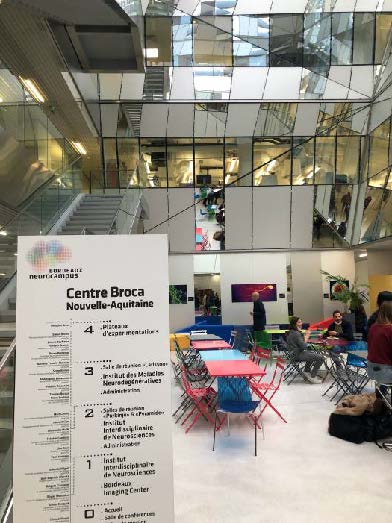
And I was proven right. Against all odds of travel restrictions and visa requirements, attending the CAJAL Course on Optogenetics, Chemogenetics, and Biosensors for Cellular and Circuit Neuroscience (OCBCCN) in-person was an unforgettable experience that helped me learn both broad and deep knowledge in the latest techniques for studying neurons and the brain. Furthermore, being in the Bordeaux School of Neuroscience, surrounded by facilities and people dedicated to neuroscience, was a refreshing atmosphere for me. The course directors, lecturers, and instructors were very welcoming and facilitated interesting discussions and organized challenging projects. The students and participants were all very friendly and eager to learn, and overall, the environment was that of open-discussion and freedom to ask any questions.
At first, we introduced ourselves and our research – both in an oral presentation and a poster session over beers and pizza. The casual atmosphere helped break the ice and encouraged lively conversations about science. We were 20 students from around the world, and I was the only one from East and Southeast Asia. Then, throughout the course, we would receive excellent lectures from the leading experts in the field – most of whom also attended live to have opportunities for in-depth discussions. We were taught the latest developments in optogenetics, biosensors, and optical technology applied to neuronal calcium or voltage imaging, optical neuromodulation, and behavioral analysis, among many other things. I listened to and met the people whom I previously only read from in journals, which was quite astounding. It was incredible that I could participate in scientific discussions and casual conversations with world-class neuroscientists and neuroengineers.
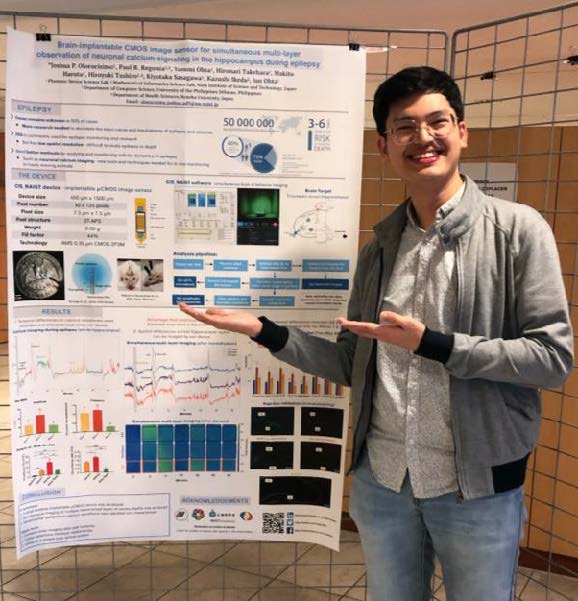
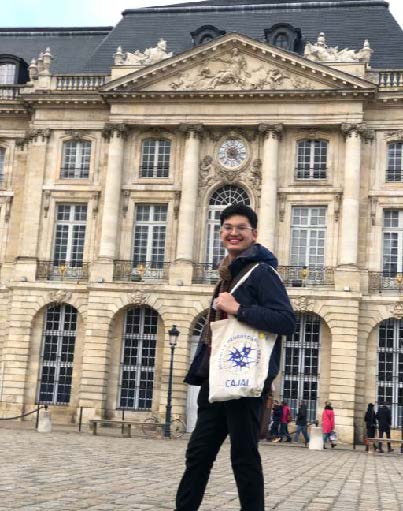
I also participated in 2 different hands-on projects. The first was on multi-color fiber photometry in freely-behaving animals, and the second was on ultrafast two-photon voltage imaging in vivo. These two projects were some of the most cutting-edge techniques being used in neuroscience today. It was such a great learning experience because I was able to see the entire workflow of doing such experiments. They also taught us some additional tips and tricks, and I learned even more from performing the experiments hands-on. Since the experts were right beside me, it was very easy to get feedback and learn in the process of working. First-hand experience with the techniques allowed me to see the minute details and challenges from setting-up the experiments up until analyzing the data. We also presented our projects and results to get helpful advice and further insight from the audience.
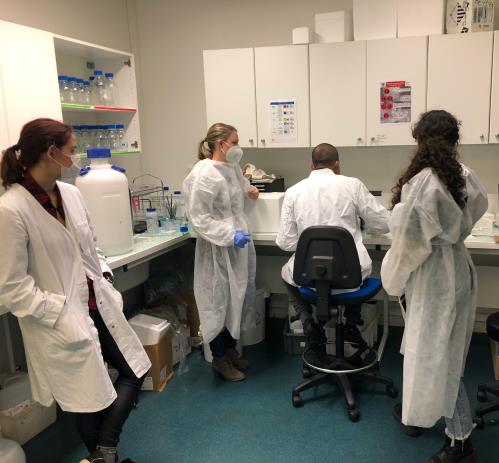
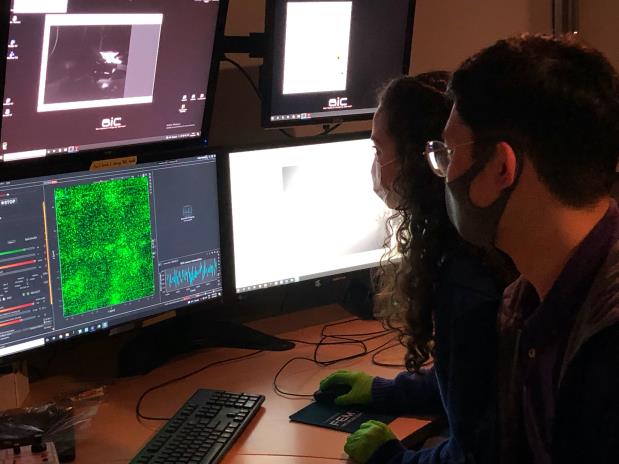
Every day – from 9 am to 9 pm – we would spend time in the university for lectures and experiments, and so projects that would take several months were accomplished in less than a month. It was a very productive 3 weeks indeed, but we made sure to balance this with some fun as well. We only had 3 days of free time, so we used this to see the beautiful city of Bordeaux and its nearby towns. I was able to visit some historical monuments, city markets, and a light show museum. The food and drinks were wonderful, and even better was the camaraderie we formed.
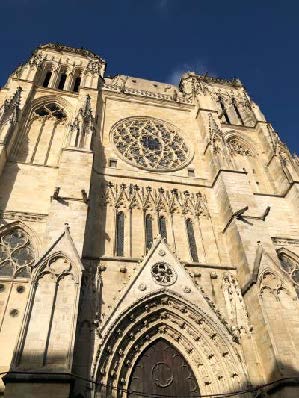
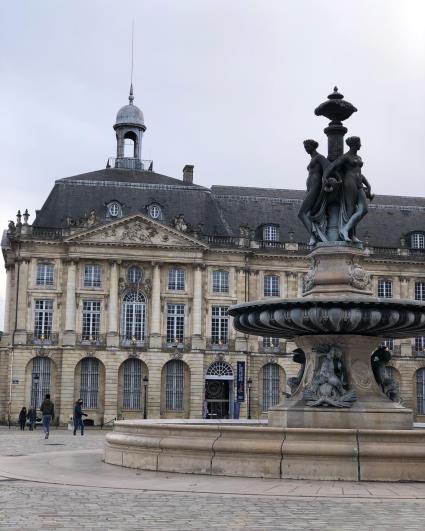
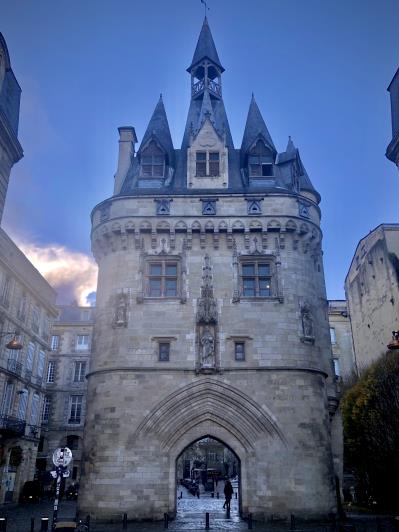
(Left to right)
Given more time, I’m sure there was a lot more to learn and experience, but even so, the duration of the course was very well-utilized and already jampacked with great learnings and fun experiences. Near the end of the course, I remember feeling very accomplished because I was able to learn so many new things and meet new people. The course made me more eager to continue my PhD research once I got back to Japan, and it allowed me to gain connections that may help in the future, especially when facing difficulties with my own project.
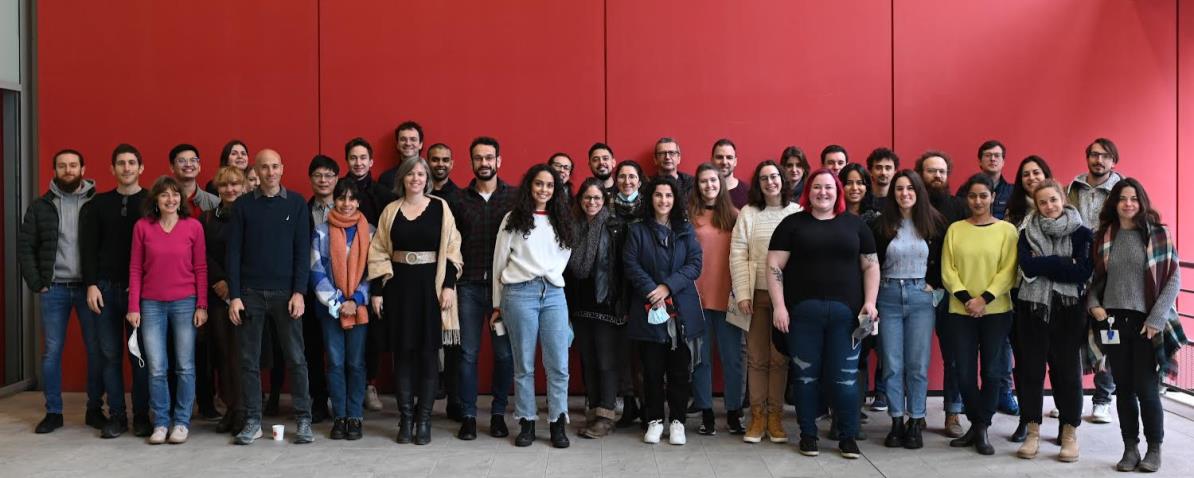
Therefore, I would like to thank the CAJAL course organizers, directors, lecturers, instructors, and fellow students for the magnificent experience. I would also like to thank the JNS-FENS committee for helping me fund this once in a lifetime opportunity, and more importantly, for promoting international exchange. And I extend my deepest gratitude to my university and laboratory for all the support and care they gave during this experience. I would definitely recommend fellow neuroscientists to take this opportunity. I am sure my experience in CAJAL would help me, not only in my PhD, but also in my overarching goal of truly understanding the brain.





